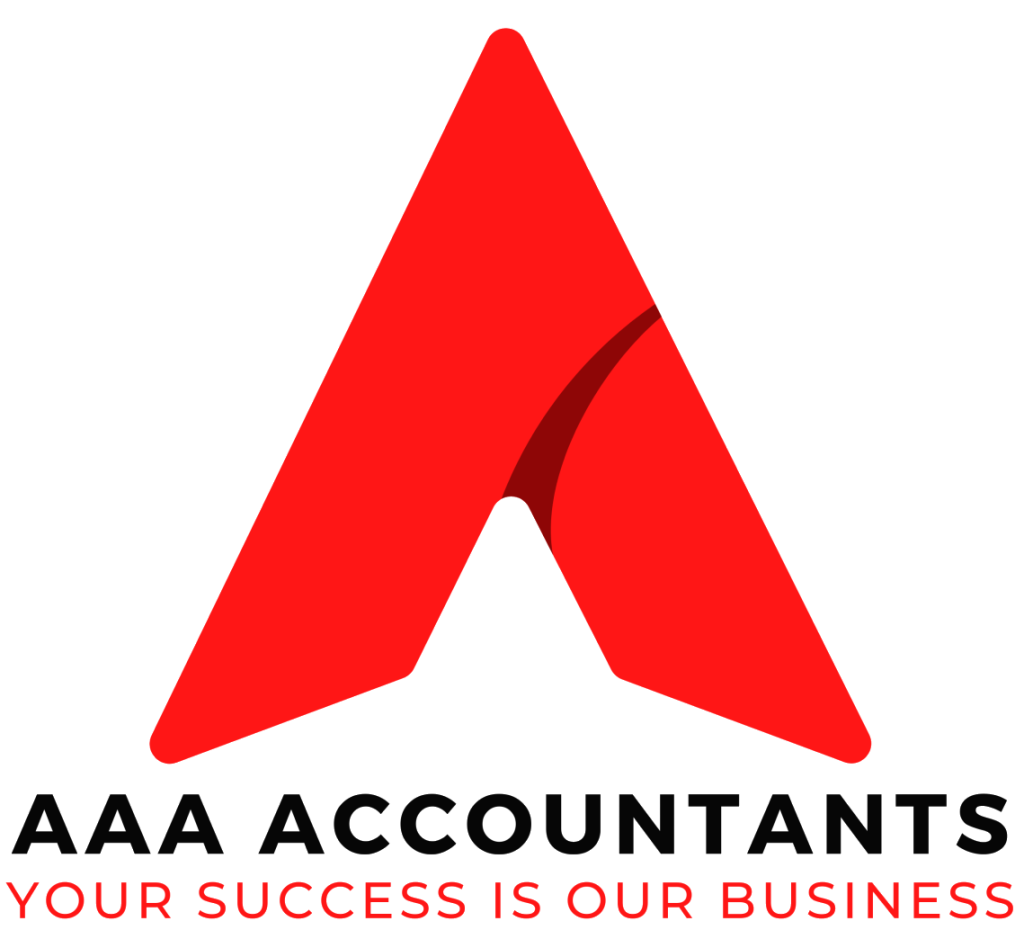
Telephone
+447518806317
info@aaaaccountants.co.uk
Self-employed people usually have multiple sources of income as opposed to people who are employed or getting pensions. Employment income is automatically taxed by a system known as PAYE (Pay as you earn).
But if you have more than one source of income, then you are liable to pay tax on all incomes subject to the taxes. Therefore, completion of a self-assessment tax return is required. This is a difficult and complicated process which requires the necessary skills and expertise. That is why, you should hire an expert self-assessment tax return accountant.
While preparing your self-assessment tax return it is important to account for all income and claims for any reliefs available. The return must be submitted at the end of the tax year which is 5th April. HMRC will determine what you need to pay once your self-assessment return has been submitted.
Other income that needs preparation of the tax return include Capital gains, foreign income, rental income, and savings income.
Submitting self-assessment tax return is important because failure to submit will result in penalties of £1,800 by HMRC. There may be additional penalties you would have to bear if you do not make the returns on time. If you have received child benefit in the last two years, or if you or your partner’s income was over £50,000 then you must submit the tax return.
The penalties by HMRC subject to delays are as follows:
Self-employed people usually have multiple sources of income as opposed to people who are employed or getting pensions. Employment income is automatically taxed by a system known as PAYE (Pay as you earn).
But if you have more than one source of income, then you are liable to pay tax on all incomes subject to the taxes. Therefore, completion of a self-assessment tax return is required. This is a difficult and complicated process which requires the necessary skills and expertise. That is why, you should hire an expert self-assessment tax return accountant.
While preparing your self-assessment tax return it is important to account for all income and claims for any reliefs available. The return must be submitted at the end of the tax year which is 5th April. HMRC will determine what you need to pay once your self-assessment return has been submitted.